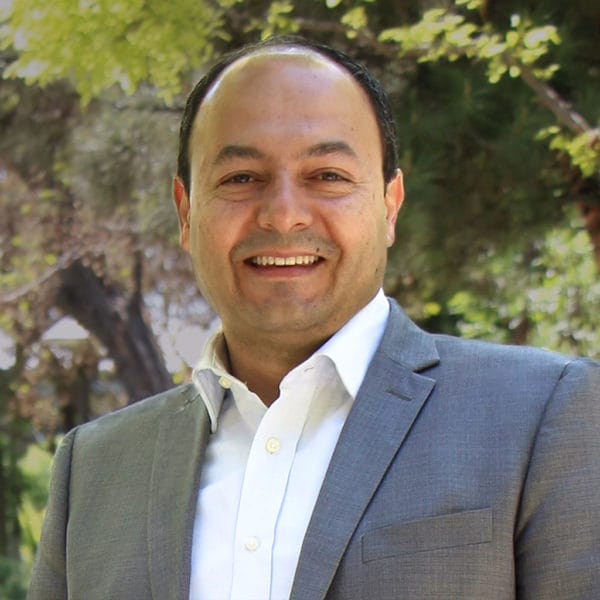Javad Salehi Fadardi is a research full professor at the School of Community and Global Health, Claremont Graduate University. His research focuses on two interrelated areas of motivational and cognitive processes: underlying health-related decisions, and behaviors that signify problems with habitual control. Fadardi received his PhD in Clinical-Health Psychology from Bangor University (UK), prior to completing two post-doctoral fellowships to conduct research on systematic motivational restructuring and attentional bias retraining among alcohol users. Fadardi has been Co-PI on several research grants funded by internationally recognized agencies, including ESRC, Royal Society, the British National Health Service, and the Wales Institute of Cognitive Neuroscience. He also has organized international conferences and other events to promote regional mental health in South Asia. He has extensive experience working directly with clients in clinical settings and has a long history of clinical experience treating a variety of disorders, including alcohol and drug abuse. Recently, his research focuses on developing user-friendly, computerized e-Health technologies for motivational and cognitive-retraining in a variety of behaviors, including alcohol and other substance use, diet and obesity, social anxiety, depression, and obsessive-compulsive behaviors. His work on re-training attentional bias has led to positive outcomes with people in therapeutic settings. He has co-authored several book chapters and many peer-reviewed journal articles.
Co-authored with M.M. Bazzaz, et al. “Efficacy of the Attention Control Program on Reducing Attentional Bias in Obese and Overweight Dieters.” Appetite 108 (2017): 1-11.
Co-authored with S.S. Ziaee, et al. “The Effects of Attention Control Training Program on Drug Abusers’ Attentional Bias and Treatment Outcomes.” Journal of Consulting and Clinical Psychology 84, no 10 (2016): 861-73.
Co-authored with W.M. Cox, et al. “Differential Effects and Temporal Course of Attentional and Motivational Training on Excessive Drinking.” Experimental and Clinical Psychopharmacology 23, no. 6 (2015): 445-454.
Co-authored with R.W. Wiers, et al. “Alcohol Cognitive Bias Modification Training for Problem Drinkers Over the Web.” Addictive Behaviors 40 (2015): 21-26.
Co-authored with N. Ihssen, et al. “Differentiating Heavy from Light Drinkers by Neural Responses to Visual Alcohol Cues and Other Motivational Stimuli.” Cerebral Cortex 21 (2010): 1408 – 1415.
Co-authored with W. M. Cox. “Reversing the Sequence: Reducing Alcohol Consumption by Overcoming Alcohol Attentional Bias.” Drug and Alcohol Dependence 101 (2009): 137-145.
Co-authored with Z.S. Shamloo, et al. “Substance Use and The Paradox of Good and Bad Attentional Bias.” Experimental & Clinical Psychopharmacology 17, no. 6 (2009): 456-463.
Co-authored with W. M. Cox. “Alcohol-Attentional Bias and Motivational Structure as Independent Predictors of Social Drinkers’ Alcohol Consumption.” Drug and Alcohol Dependence 97 (2008): 247-256.
Co-authored with W.M. Cox and E. M. Pothos. “The Addiction-Stroop Test: Theoretical Considerations and Procedural Recommendations.” Psychological Bulletin 132, no. 3 (2006): 443-476.
